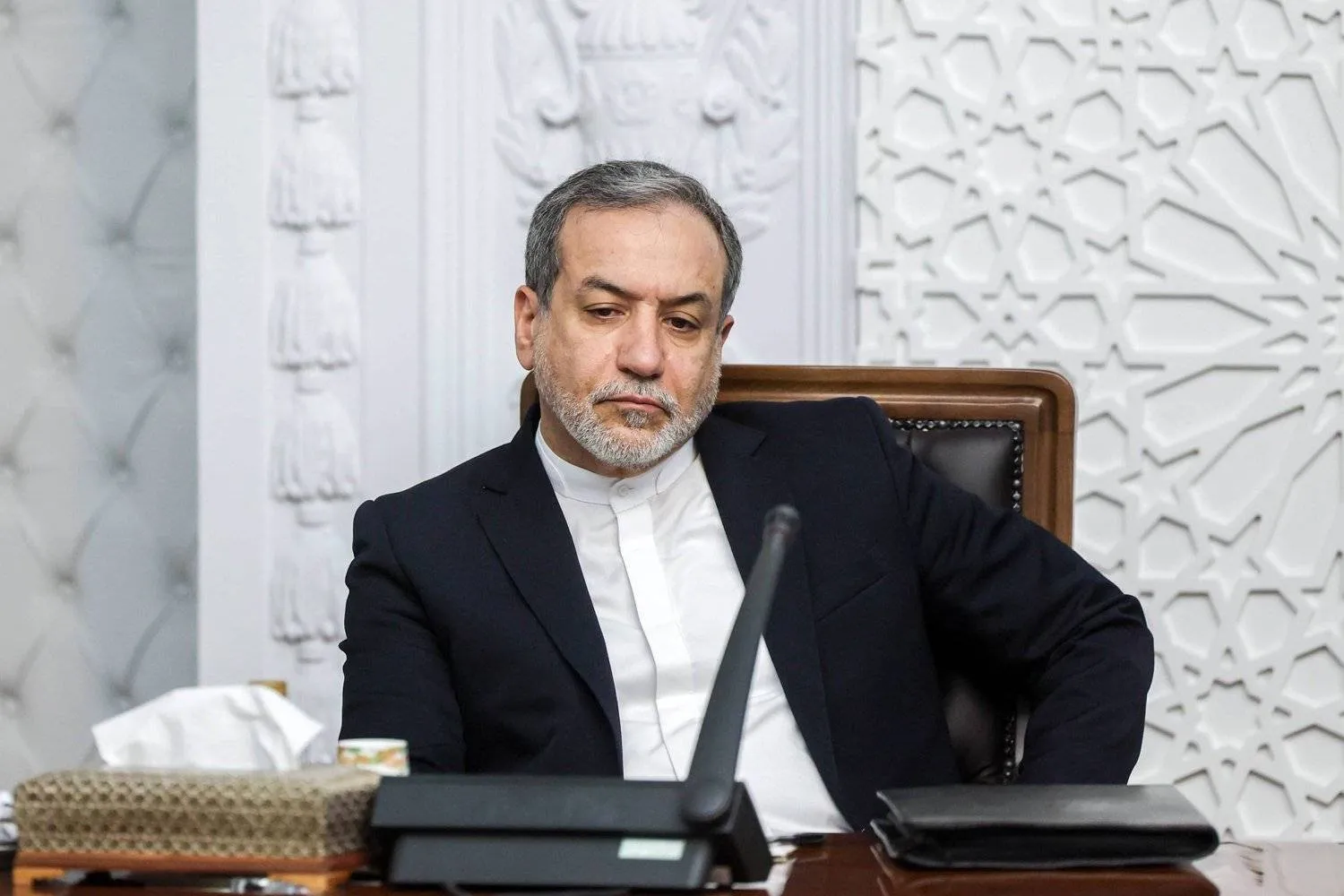A resolution against Iran pushed for by three European powers at the UN nuclear watchdog board of governors meeting will "complicate matters", Iran's Foreign Minister Abbas Araqchi told his French counterpart, the foreign ministry said on its Telegram channel on Wednesday.
The International Atomic Energy Agency and diplomats said on Tuesday that Iran has tried in vain to prevent a Western push for a resolution against it at the UN nuclear watchdog's board meeting by offering to cap its stock of uranium just shy of weapons grade.
One of two confidential IAEA reports to member states, both seen by Reuters, said Iran had offered not to expand its stock of uranium enriched to up to 60% purity, near the roughly 90% of weapons grade, and had made preparations to do that.
The offer is conditional, however, on Western powers abandoning their push for a resolution against Iran at this week's quarterly meeting of the IAEA's 35-nation Board of Governors over its lack of cooperation with the IAEA, diplomats said, adding that the push was continuing regardless.
During IAEA chief Rafael Grossi's trip to Iran last week, "the possibility of Iran not further expanding its stockpile of uranium enriched up to 60% U-235 was discussed," read one of the two quarterly IAEA reports.
It added that the IAEA had verified Iran had "begun implementation of preparatory measures". A senior diplomat added that the pace of enrichment to that level had slowed, a step necessary before stopping.
Western diplomats dismissed Iran's overture as yet another last-minute attempt to avoid censure at a board meeting, much like a vague pledge of deeper cooperation with the IAEA in March of last year that was never fully implemented.
"Stopping enriching to 60%, great, they shouldn't be doing that in the first place as we all know there's no credible civilian use for the 60%," one Western diplomat said, adding: "It's something they could switch back on again easily".
Iran's offer was to cap the stock of uranium enriched to up to 60% at around 185 kg, or the amount it had two days ago, a senior diplomat said. That is enough in principle, if enriched further, for four nuclear weapons, according to an IAEA yardstick. Iran denies seeking nuclear weapons.
The report said Iran's stock of uranium enriched to up to 60% had grown by 17.6 kg in the past quarter to 182.3 kg as of Oct. 26, also enough for four weapons by that measure.
The second report said Iran had also agreed to consider allowing four more "experienced inspectors" to work in Iran after it barred most of the IAEA's inspectors who are experts in enrichment last year in what the IAEA called a "very serious blow" to its ability to do its job properly in Iran.
Diplomats said they could not be the same inspectors that were barred.
The reports were delayed by Grossi's trip, during which he hoped to persuade Iran's new President Masoud Pezeshkian to end a standoff with the IAEA over long-running issues like unexplained uranium traces at undeclared sites and extending IAEA oversight to more areas.









